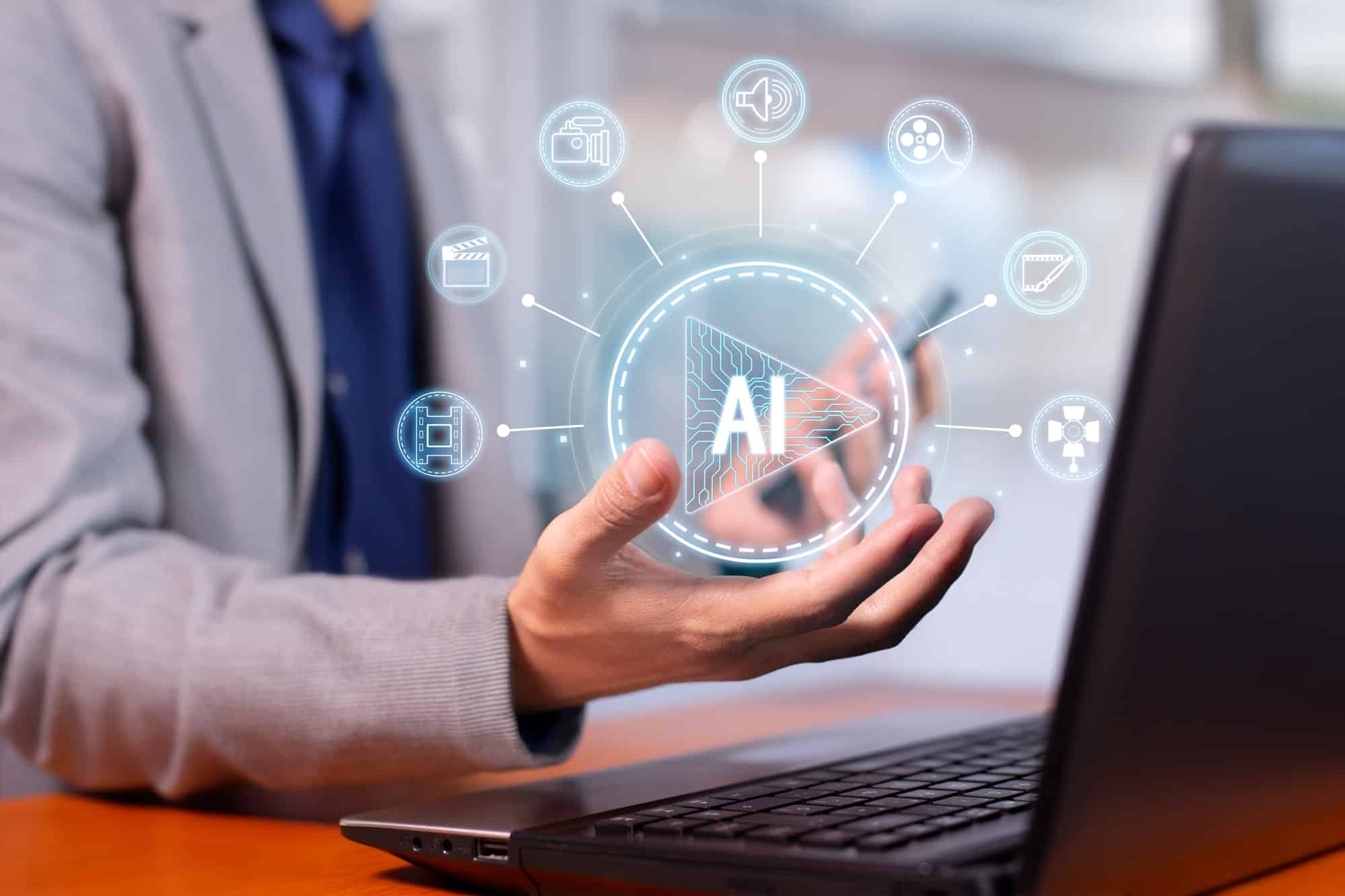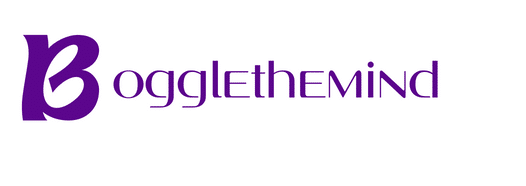How Is AI Facilitating Personalized Nutrition Plans Based on Genetic Information?

Do you consider the idea of having a tailor-made nutrition plan, perfectly adapted to your unique genetic traits and health needs, an appealing concept? As you may know, health and nutrition are indelibly intertwined, but what you may not know is how advanced AI technology can now harness genetic information to create personalized nutrition plans that can help you achieve optimal health. In this article, we will explore this intriguing intersection of health, genetics, and AI technology.
1. The Personalized Nutrition Revolution
The world of health and nutrition has witnessed a significant transformation over the last few years. Traditionally, dietary recommendations have been based on broad demographic data, treating large groups of people as if they were homogeneous. However, recent advancements in genetic research and data analysis have brought about a shift towards more individual-based dietary strategies.
A voir aussi : Can Virtual Reality Exposure Therapy Treat PTSD More Effectively?
The science of nutrigenomics, which studies the relationship between human genome, nutrition, and health, has exposed the vast diversity in individual responses to food intake. The effectiveness of a dietary intervention can vary drastically between individuals based on their genetic makeup. This has led to the development of personalized nutrition plans that take into account each individual’s unique genetic profile.
2. AI and Genetic Data: Unraveling the Complexity
To fully grasp the effectiveness of personalized nutrition, we must first understand the role of AI in deciphering the complex genetic data. Our genetic information is encoded in our DNA and forms the blueprint for every single cell in our body. This information is vast, intricate and mostly uncharted, making it a daunting task to decode.
A voir aussi : How Can AI-Enabled Facial Recognition Enhance Security in UK’s Airports?
This is where AI comes to the rescue. Using advanced algorithms and machine learning, AI can sift through this vast sea of genetic data, identifying patterns and correlations that would otherwise remain hidden. Using tools such as Google’s DeepMind or IBM’s Watson, researchers can make sense of this complex genetic data, linking specific genetic variations to health outcomes and responses to different types of food.
3. Creating Personalized Nutrition Plans with AI
Once the genetic data is decoded, AI can then assist in creating personalized nutrition plans. These plans take into account not just the individual’s genetic makeup, but also other factors such as age, gender, health status, and lifestyle. This gives a more holistic view of the individual’s health and nutritional needs.
AI can analyze the individual’s genetic data and other health metrics, and cross reference this information with a vast database of nutritional data. This database can include resources like PubMed, which houses more than 30 million citations for biomedical literature, or Google’s vast repository of online information. The end result is a personalized nutrition plan that is tailored to the individual’s unique needs.
4. Case Studies of AI-based Nutrition Interventions
Several studies and interventions have highlighted the effectiveness of AI-based personalized nutrition plans. For example, a study published in the journal ‘Cell’ in 2015 revealed that people’s blood sugar levels responded very differently to the same food, demonstrating the need for personalized dietary interventions. This study was one of the first to use AI to analyze nutritional data and devise personalized dietary recommendations.
Furthermore, companies like Nutrigenomix offer a service where they analyze an individual’s genetic data and generate a personalized nutrition report. This report includes recommendations for optimal nutrient intake, potential food sensitivities, and even optimal exercise strategies based on genetic information.
5. The Future of Personalized Nutrition
Thanks to AI, the future of personalized nutrition looks promising. As AI technology continues to evolve and the cost of genetic sequencing continues to drop, the accessibility of personalized nutrition plans is expected to increase. This will have profound implications for public health, potentially revolutionizing the way we approach nutrition and health management.
Nevertheless, it’s essential to note that while AI and genetic data are powerful tools, they are just part of the equation when it comes to health and nutrition. Lifestyle factors, such as exercise, stress management, and sleep quality, also play a crucial role. But the integration of AI and genetics in the realm of nutrition heralds a new era in health management where each individual’s unique characteristics form the basis of their health interventions.
6. Real Time Adjustments with AI
With the help of Artificial Intelligence, personalized nutrition plans can be adjusted in real time. This dynamic approach allows for changes depending on an individual’s behavioral changes, physical activity, or alterations in health status.
For instance, if an individual increases their physical activity level, AI can instantly adjust the nutrition plan to account for the increased energy expenditure. Similarly, if a person develops a health condition, the AI can modify the diet to help manage the health problem more effectively.
In addition to decoding genetic information, AI can also monitor real-time data from wearables such as fitness trackers. These devices provide valuable data on physical activity, sleep quality, heart rate, and other metrics, which can be used to further refine the nutritional advice.
Moreover, the AI can provide real-time feedback and encouragement to the individual, promoting positive behavior change and adherence to the dietary recommendations. This adds an additional layer of support, making the personalised nutrition plan not just a static document, but a dynamic, evolving tool that adapts to the individual’s changing needs.
AI can also facilitate the integration of diverse data sources, such as Google Scholar and article PubMed, into the decision-making process. This results in a more comprehensive and evidence-based personalized nutrition plan.
7. AI, Public Health, and Personalized Nutrition
Artificial Intelligence and genetic information have the potential to significantly impact public health by enabling more effective, personalized nutritional interventions. By tailoring dietary advice to an individual’s unique genetic makeup, lifestyle, and health status, AI could help prevent and manage chronic diseases, promote health and wellbeing, and reduce healthcare costs.
Precision nutrition, made possible by AI, may help reduce the prevalence of diet-related diseases like obesity, diabetes, and heart disease. By creating a more personalized approach, individuals are more likely to adhere to dietary recommendations, leading to improved health outcomes.
Moreover, the integration of AI and genetics also has implications for research. With the help of machine learning, scientists can analyze larger datasets more efficiently, leading to more precise and reliable findings. This could eventually lead to the development of more accurate and specific dietary guidelines, benefiting public health on a larger scale.
Conclusion
The intersection of AI, genetics, and nutrition has opened up a new horizon in the field of personalized medicine. As technology advances and genetic sequencing becomes more affordable, this innovative approach to nutrition is set to become increasingly accessible.
While it is undoubtedly exciting to witness the dawn of this new era, it is crucial to remember that genetics and AI are just components of a larger picture. Factors such as lifestyle, exercise, and stress management continue to play a vital role in health and wellbeing.
Nevertheless, the advent of AI-based personalized nutrition represents a significant step forward in our pursuit of optimal health. By harnessing the power of AI and genetic information, we can move away from a one-size-fits-all approach and toward a more personalized, precise, and effective way of managing our nutrition and health.
